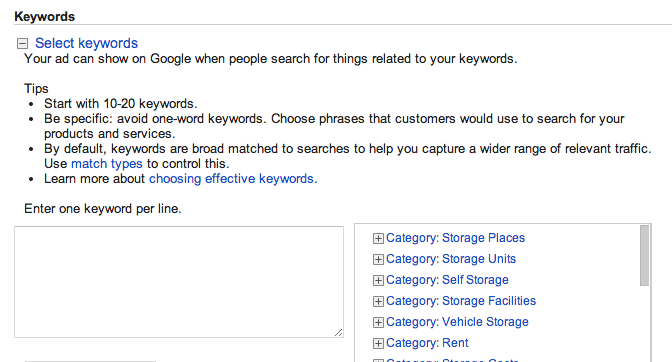Why AdWords Broad Match Will Never Be Cool
by Johnathan Dane • September 24, 2013
AdWords Broad Match has got nothing on this granny. (image source)
There’s a reason why 98% of Google’s income stems from Google AdWords. The reason? AdWords broad match.
And do you know why I’m so sure? Well, after years of looking at pay-per-click campaigns, AdWords broad match is commonly the one and only reason for why inexperienced advertisers are burning through money faster than a Newport Beach Housewife.
Unfortunately, Google has all keywords set to broad match by default, and this makes any advertiser vulnerable to synonyms, plurals, and irrelevant search terms that have nothing to do with the service or product their selling.
Google kindly tells any untaught souls that AdWords broad match “helps you capture a wider range of relevant traffic.”
As Search Engine Journal points out, the biggest problem with AdWords broad match is that it allows your ads to show for “related searches” and sometimes these related searches have nothing, absolutely NOTHING, in common with the keyword you’re bidding on.
You could be selling “rv storage”, and Google will sometimes determine that a “breast augmentation” is a synonym for what you do. It’s not. But you’ll still pay the price for a click if someone looking for bigger breasts also thinks that an ad for rv storage is relevant.
When you have an AdWords broad match keyword like recreational vehicle storage, Google can decide to take any one word (or all words) within your keyword and have your ad show. So if someone was searching for just “vehicle” or just “storage” your ad could still show.
This will ultimately damage your click through rate (CTR), hurt your conversion rates, and increase your cost per click and decrease your quality scores, ultimately dropping your ad lower and lower in the rankings.
So why does Google do it?
My thinking is that a lot of people will see moderate success with broad match, while others won’t at all. So, they’ll continue to run their ads while Google is raking in the irrelevant money behind the scenes.
So what do you do to prevent AdWords broad match?
First rule of the AdWords game, never use broad match for the search network. And I’ll tell you why here in a second.
There are 3 other match types you should use. These are:
- broad match modifier (adding a + in front of +every +word)
- phrase match (adding ” around your “keyword”)
- exact match (adding [ around your [keyword])
Once you have maxed out and reached a plateau with your impressions, then you can start slowly expanding into regular broad match, but make sure you keep a very close eye on your search term reports to make sure you’re showing for the right terms.





